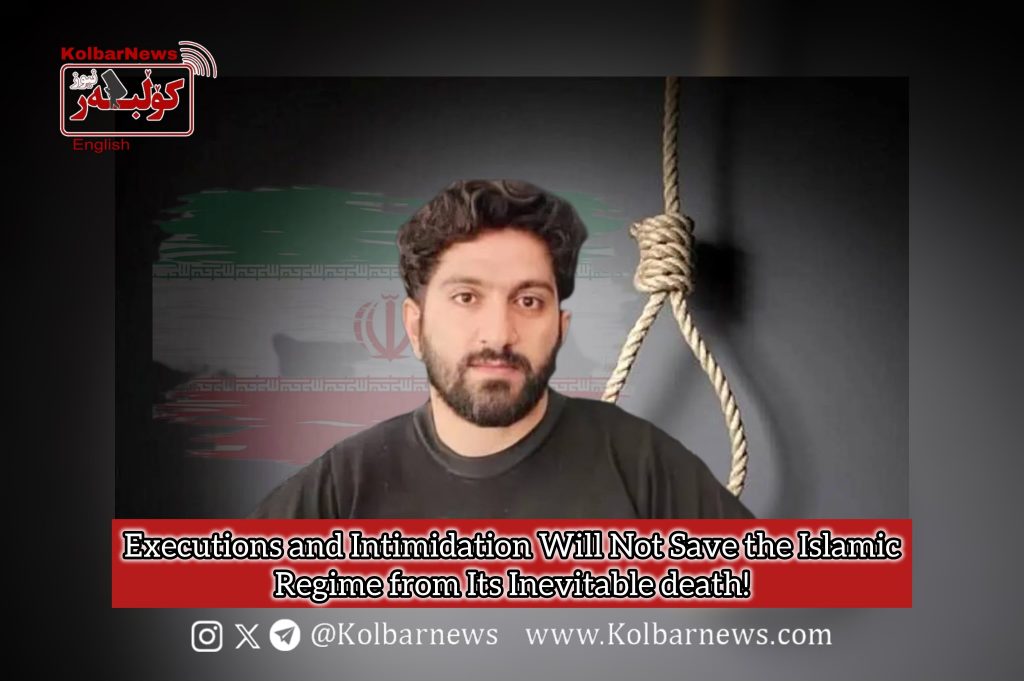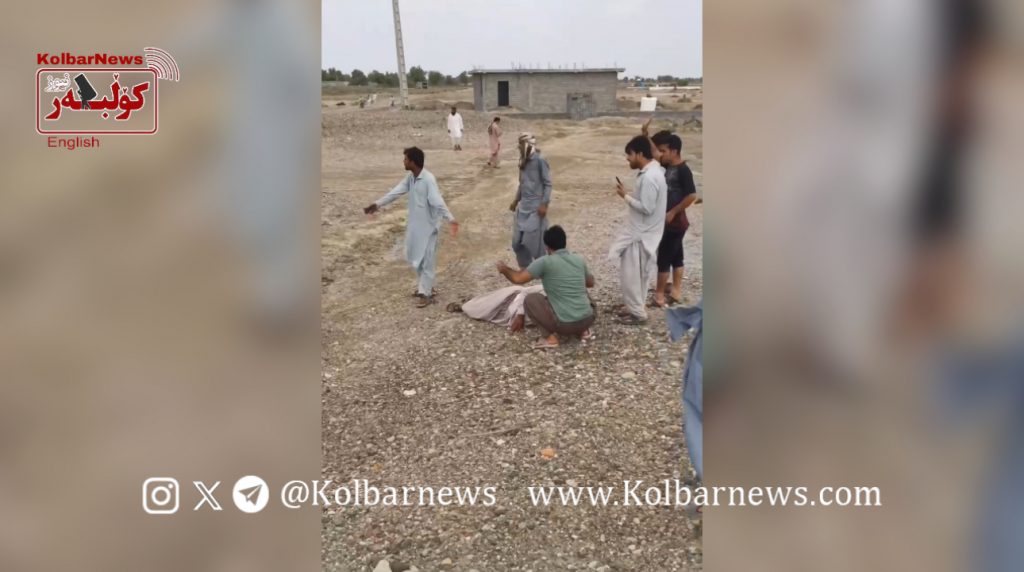
On the morning of Tuesday, August 6, 2024, Reza Rasai, a Kurdish political prisoner and detainee of the Jina Revolutionary Movement, was executed in Dieselabad Prison in Kermanshah. The execution of Reza Rasai took place without prior notice to his family and without allowing a final visit.
Reza Rasai, a 34-year-old resident of Sahneh County, was arrested on December 24, 2022. In mid-October 2023, he was sentenced to death by the regime’s unjust court in Kermanshah on the false charge of premeditated murder of “Nader Birami,” the head of the IRGC intelligence in Sahneh County. Another accusation against him was “disturbing public order through creating noise and chaos,” which in reality meant nothing more than chanting slogans in a civil protest, the only crime Reza Rasai had committed. Reza Rasai repeatedly denied involvement in the murder. Reliable information indicates that regime executioners forced this 34-year-old Yarsan Kurd to confess under severe torture over several months. The mentioned IRGC agent was killed on November 18, 2022, during one of the protest gatherings in Sahneh County, as a result of security and police forces attacking protesters and during the ensuing clashes. A week after this incident, regime intelligence agents arrested Reza and, through fabricated charges, accused him of the deliberate murder of the agent.
Reports from the women’s ward of Evin Prison indicate that imprisoned female activists protested the criminal execution of Reza Rasai by staging a sit-in and chanting slogans in the ward’s courtyard. In response, the prison guards attacked the protesting women, injuring several. The injured were taken to the prison’s infirmary. Simultaneously, all phone communications between the prisoners and the outside world were cut off.
Reza Rasai’s execution received widespread attention inside and outside Iran and on social media. Moloud Hajizadeh, a journalist, addressing the officials of the Islamic Republic on the “X” network, wrote: “We saw the fear and panic in Ali Khamenei’s eyes the day after Haniya was killed in Tehran, and you are trying to hide your terror and helplessness by continuing your crimes and executing young people.”
Hossein Ronaghi, a civil activist in Iran, said: “We are dealing with a government that makes the people of Iran pay for every blow it receives.” He further stated: “This government takes revenge on defenseless Iranians for its failures, whether in foreign, security, military, diplomatic, or any other arenas, instead of taking responsibility.”
Negar Korkor, the sister of “Mojtaba Korkor,” a protester sentenced to death, referring to the recent execution on the “X” network, wrote: “Reza Rasai was executed in silence and without public knowledge. Don’t let the same fate befall my brother in silence.” Atena Daemi, a civil activist, wrote on the “X” network: “The Islamic Republic has proven that whenever they talk about severe retaliation, the lives of Iranian citizens and prisoners are in greater danger.” She described Rasai’s execution as the Islamic Republic’s response to the nationwide campaign against executions, noting: “For 28 weeks, every Tuesday, prisoners with different beliefs and convictions have stood against the death penalty with their only weapon, a hunger strike, and each week more prisoners join this campaign.”
Mojtaba Najafi, an analyst and professor of communication sciences, also wrote that a wartime atmosphere is the best environment for the Islamic Republic to advance its policy of elimination and execution. Najafi wrote: “Last night, while we were all worried about war, another protester was executed. Don’t think the Islamic Republic dislikes this wartime security atmosphere; it’s the best breathing space for maintaining control and continuing suppression.”
The wartime atmosphere that has prevailed in society may serve the regime in the short term. However, it will not ultimately save it from the people’s wrath. Naturally, a regime faced with insoluble mega-crises has no choice but to resort to executions, suppression, and maintaining an atmosphere of intimidation in society. Yet, the diminishing fear among the people of the regime’s repression and the ongoing and deepening current struggles promise that the fight against executions, alongside the defiance of men and women and other dissatisfied segments, will ultimately dismantle the death penalty apparatus in Iran. By doing so, the countdown to the demise of the Islamic Republic will follow its final path.

